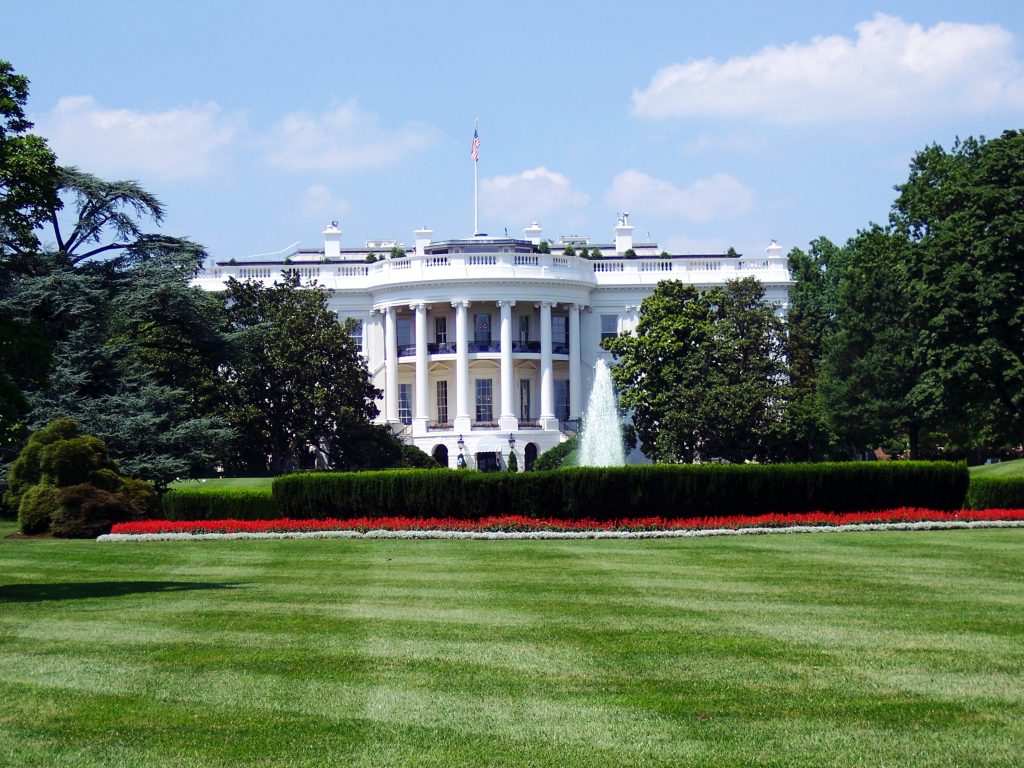Again, King or President?
Recently, the appointed Special Counsel investigating Joe Biden’s unauthorized possession of classified documents published his findings. The report reflects that the President appears to have some level of memory limitations, and potentially a reduced mental state. Therefore, it would make it difficult to prosecute as the president would be unable to understand the level of his actions.
First, at what point does our justice system ignore a crime because someone’s mental capacity is incapable of understanding right from wrong? The very least, anyone committing a crime with a reduced mental capacity is still subject to being placed into a hospital under the care of doctors to ensure they can’t harm society or themselves. Secondly, the president’s argument is that his memory is fine, and if that is true why is he not being held accountable for his actions and subject to prosecution as anyone else would be?
According to the Cornell law School, the Special Counsel is supposed to be an independent individual, who is not subject to the influence of others, therefore unhampered within the law of collecting information. Therefore, how, and why would the president have the authority to influence the Special Counsel’s report, directing the White House Counsel to request the report be revised by the Special Counsel, because he doesn’t like what came out in the report?
https://www.cbsnews.com/news/biden-special-counsel-report-memory-classified-documents/
Is the president above the law? When does the President’s authority exceed that of the people, that allows him to be exempt from anything that represents him in a bad light? Shouldn’t we as the people be able to have a full picture of who we elect to be able to make an informed decision?

Cornell Law School § 600.1, (Cornell 2024), (https://www.law.cornell.edu/cfr/text/28/600.1)
Grounds for appointing a Special Counsel.
The Attorney General, or in cases in which the Attorney General is recused, the Acting Attorney General, will appoint a Special Counsel when he or she determines that criminal investigation of a person or matter is warranted and—
(a) That investigation or prosecution of that person or matter by a United States Attorney’s Office or litigating Division of the Department of Justice would present a conflict of interest for the Department or other extraordinary circumstances; and
(b) That under the circumstances, it would be in the public interest to appoint an outside Special Counsel to assume responsibility for the matter.